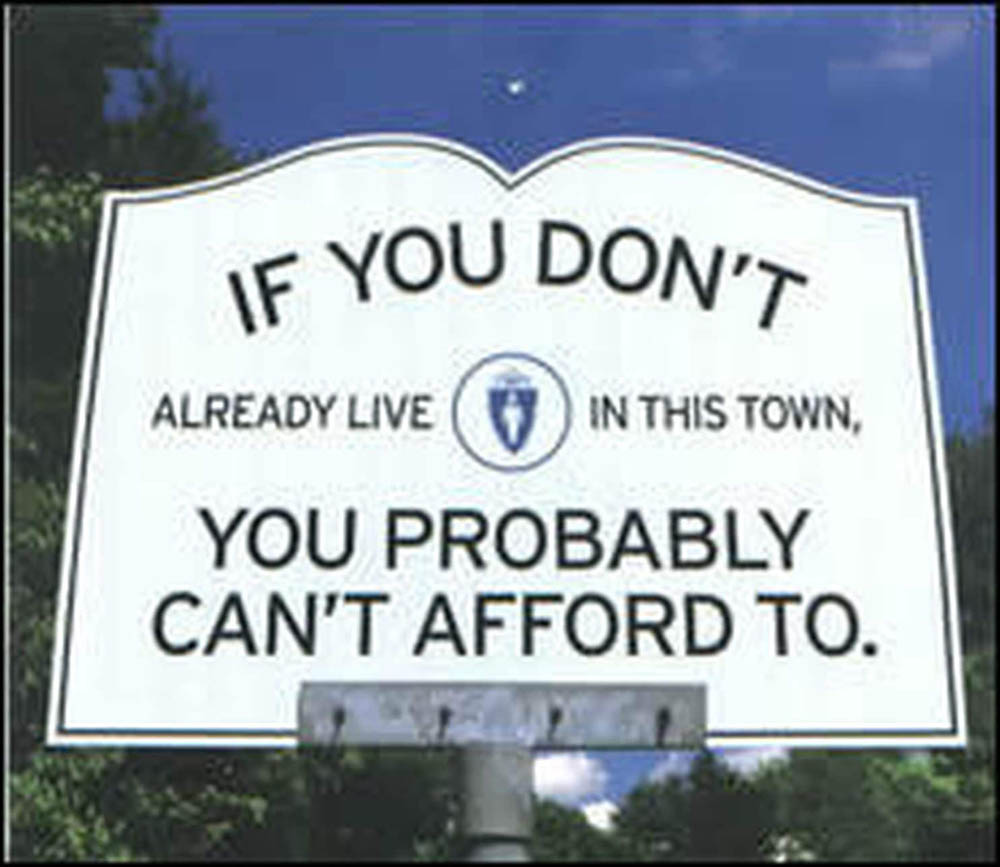
LA Becomes Latest City to Add Inclusionary Zoning
Voters in Los Angeles approved a measure which will require developers to designate a certain percentage of condominiums and apartments for lower income residents. Known as “Measure JJJ”, the new law makes LA the latest in a growing number of cities to adopt inclusionary zoning as a method to address its affordable housing problem. However, the new law is also designed to help local unions by mandating that developers hire union workers and pay higher wages.
On the affordable housing side, Measure JJJ is slightly different than other cities’ policies, such as New York and San Francisco, the requirements only apply to projects when a developer needs certain zoning changes or general plan amendments such as height changes. More common inclusionary zoning policies apply to all projects meeting minimum size requirements (JJJ’s minimum size is 10 units). JJJ then requires that developers set aside 25% of their apartment units for low income tenants or 40% of their condominium units for moderate income tenants. The developer may provide off-site units or pay into a housing trust fund to satisfy these requirements.
Opponents of the LA measure, which include affordable housing advocates, argue that it is bad policy to legislate land use policy via ballot initiative. This does not allow for flexibility and changing circumstances. Further, combining demanding affirmative housing requirements with wage mandates is very expensive for developers. This, opponents argue, will add significant costs to construction and have the opposite effect on affordable housing intended; a reduction in new projects and therefore, a reduction in affordable housing units.
LA already has an affordable housing component in its code. Developers can receive a density bonus on new development for providing affordable housing units. This is similar to new affordable housing policy in Miami-Dade County and is used in other jurisdictions.
LA’s intentions are good and it is important to understand that California is a citizen based/ballot initiative driven system of legislation. This makes major legislation complex and inefficient. As I continue to write in this blog, affordable housing policy needs to include thoughtful incentives. Inclusionary zoning is a tool to use, but should not be the only tool, as it acts as a hammer. The LA City Council can build upon Measure JJJ and clarify developers’ rights and responsibilities and create other carrots to encourage meaningful affordable housing development like other major cities.




No Comments
Sorry, the comment form is closed at this time.